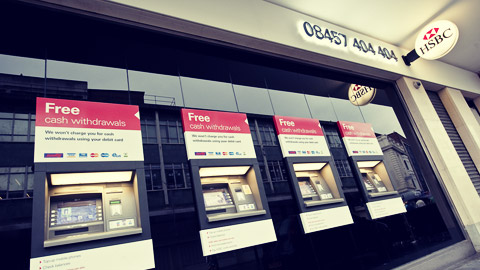HSBC is seeking to enhance its environmental profile amidst heightened scrutiny from climate change activists. In a notable initiative, the bank has committed to phasing out single-use PVC plastic payment cards in favor of recycled PVC (rPVC) by the end of 2026 across all its global branches.
This initiative encompasses HSBC’s debit, credit, and commercial card offerings and aligns with the bank’s broader objective to significantly reduce carbon emissions in its operations and supply chain, striving for net-zero status by 2030 or sooner.
Collaborating with the global card manufacturer Idemia, HSBC will implement this transition incrementally. The rollout commenced in Malaysia in January 2021 and will expand to Sri Lanka this month, with the UK set to follow this summer. Additional markets, including Australia, Canada, Indonesia, Macau, Mexico, Singapore, the UAE, and the US, will be included by the end of 2021.
Currently, HSBC issues approximately 23 million cards annually. The bank anticipates that the shift to rPVC will result in a reduction of CO2 emissions by 161 tonnes per year, alongside decreasing plastic waste by 73 tonnes annually— a figure that equates to the weight of over 40 cars.
Richard Harvey, HSBC’s Group Head of Retail Banking Products, stated, “This initiative represents a significant step towards achieving a net-zero business, enabling both the bank and our customers to contribute positively to environmental sustainability.”
However, these efforts have been met with skepticism from climate activists. Recently, members of the protest group Extinction Rebellion vandalized windows at HSBC’s Canary Wharf headquarters during an Earth Day demonstration, highlighting the bank’s financial ties to the fossil fuel sector. Activists participating in the protest wore patches that read, “better broken windows than broken promises,” emphasizing their demand for more substantial action from the bank.
